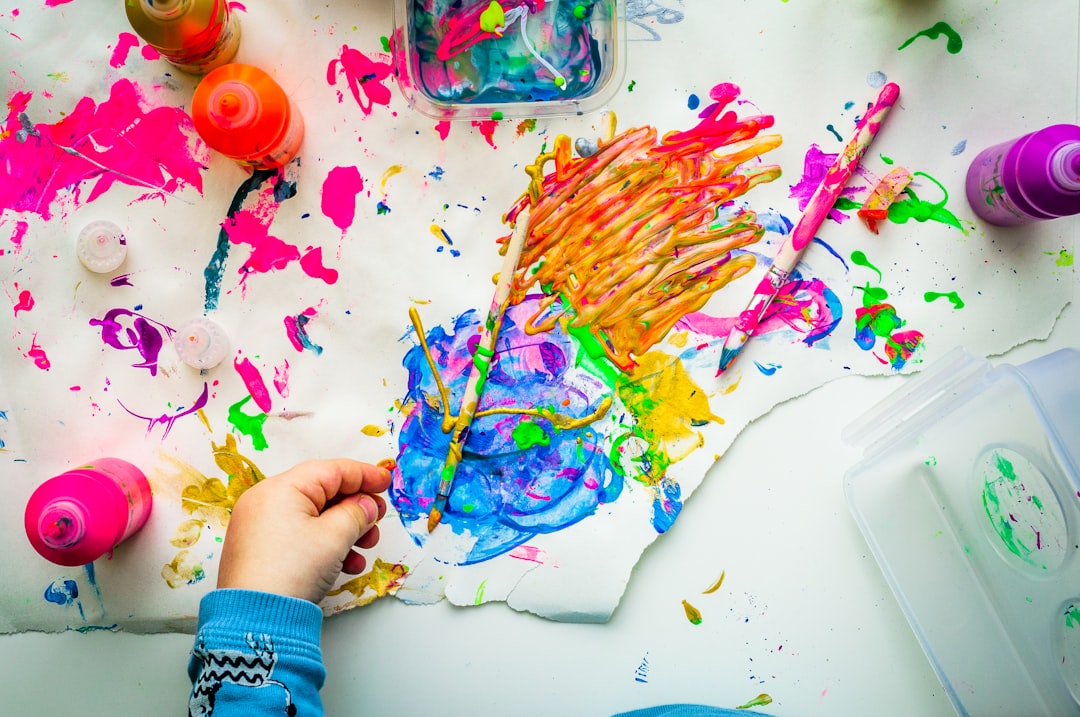How to create & innovate
These are the books I read when I need some creative inspiration

Dear Rethinkers,
When I was at primachool, a rather awful teacher told me that my problem was that I had too many ideas buzzing around in my head. That I was “a dreamer.” Seriously! Those kinds of harsh words stick with you.
But strangely I’m grateful. From an early age, I’ve been fascinated by where ideas come from, w…



